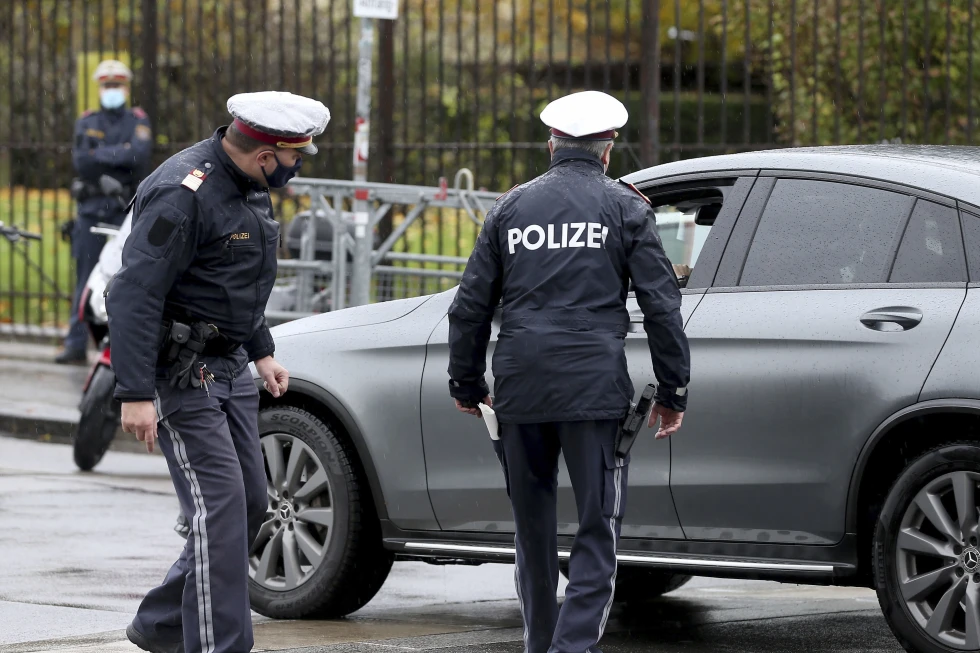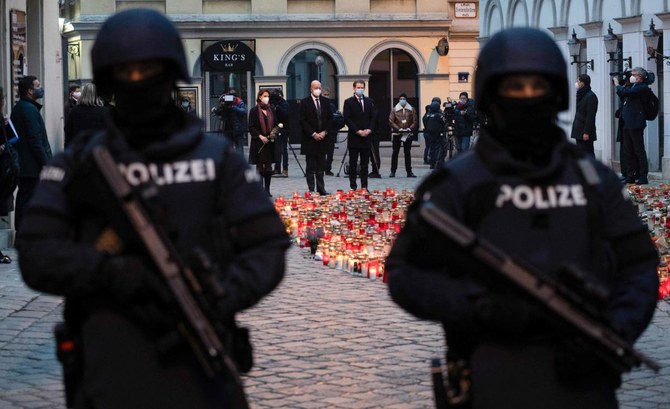Austrian security forces carried out a series of raids against 72 alleged Islamic extremists this week, just days before the 23rd anniversary of the September 11 attacks in the United States. The Directorate of State Security and Intelligence announced Thursday that the operations were conducted due to concerns over potential copycat violence inspired by the 2001 tragedy that killed nearly 3,000 people.

The raids, which took place on Tuesday across Austria, were prompted by the ongoing symbolic significance of 9/11 for extremists and the history of inspired attack attempts. Austrian authorities highlighted their successful prevention of an attack planned for last year’s anniversary at Vienna’s central station, emphasizing that the risk remains high globally on this date.
This recent security operation comes in the wake of another foiled terror plot last month targeting planned Taylor Swift concerts in Vienna. Austrian officials revealed that the main suspect in that case, a 19-year-old Austrian man, was allegedly inspired by the Islamic State group and intended to kill tens of thousands of concertgoers. The suspect had reportedly uploaded an oath of allegiance to the current Islamic State leader on the internet. A second suspect, aged 17, was found to possess Islamic State and al-Qaida materials at his home.
Tuesday’s anti-terror actions were extensive, including:
– Raids on several Austrian prisons
– Interrogations of multiple suspects
– Seizures of digital devices, such as cellphones, to search for radical Islamic propaganda

Franz Ruf, Austria’s director general for public security, emphasized the importance of inter-agency cooperation in countering extremism, seemingly referencing the Taylor Swift concert plot. This case had notably involved intelligence from the U.S. Central Intelligence Agency (CIA).
Interior Minister Gerhard Karner used the occasion to call for enhanced investigative powers for Austrian security forces. He highlighted a current limitation in Austrian law that prevents authorities from monitoring text messages, unlike some foreign intelligence services. This restriction often requires Austrian officials to rely on information from other countries to uncover potential threats.
The series of raids and the recently foiled plots underscore the ongoing challenges faced by European nations in combating extremism and terrorism. As the anniversary of 9/11 approaches, these events serve as a stark reminder of the continued vigilance required by security forces worldwide. The Austrian government’s proactive stance in addressing potential threats reflects a broader European concern about the persistent risk of terrorism, particularly around significant dates and high-profile events. As investigations continue, authorities remain on high alert, balancing security measures with civil



